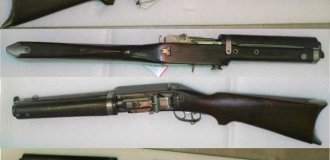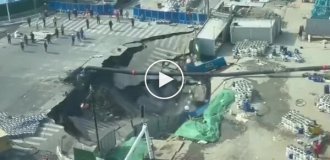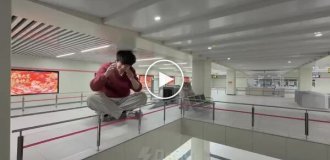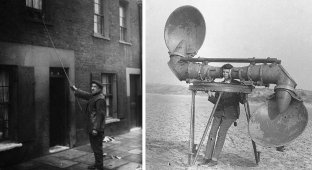Interesting and unusual professions that have lost all meaning and disappeared with the advent of modern technology (19 photos)
I suggest you take a look at the photos of representatives of the professions past, which you are unlikely to ever see with your own eyes. 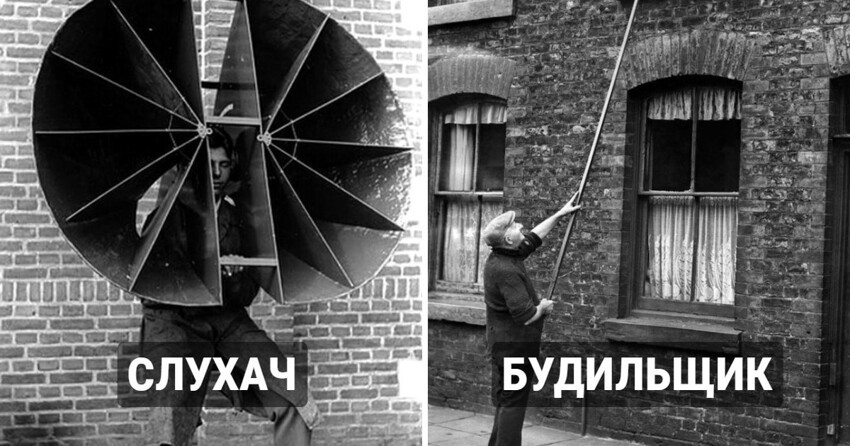
The emergence of modern technologies has led to natural changes in the way of human life. They affected not only entertainment, but also work. Machines, mechanisms and various automatic devices provoked in many areas the displacement workers (this was especially noticeable in large enterprises and factories), which caused extremely sad consequences, namely extinction of professions.
Of course, they were replaced by new specialties, no less interesting and original. However, it is still somewhat sad to realize that some piece of history has nevertheless sunk into the past and, probably, will never return again.
Lamplighter 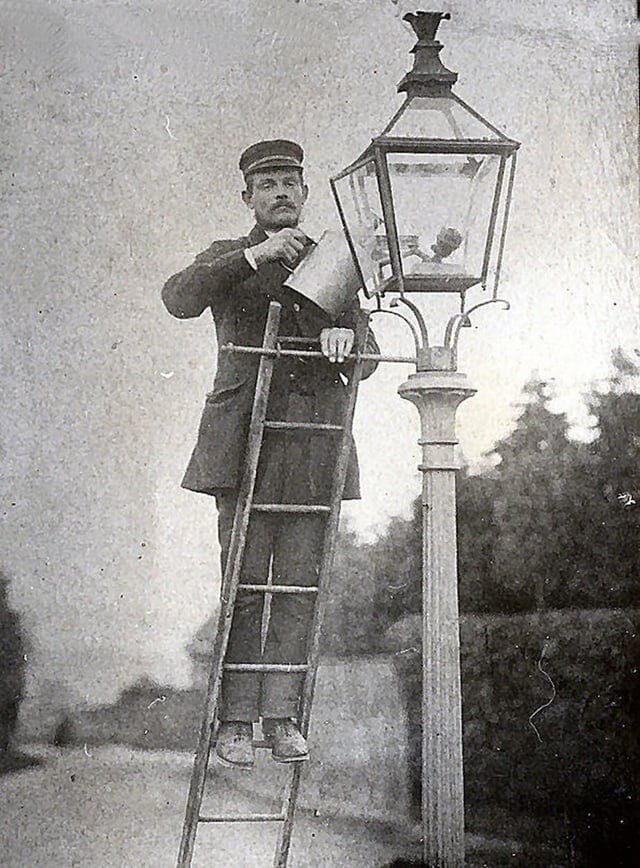
Lamplighters were city employees in charge of street lighting. They not only lit the lanterns in a timely manner and extinguished them, but they also made sure they were correct.
telephone operator 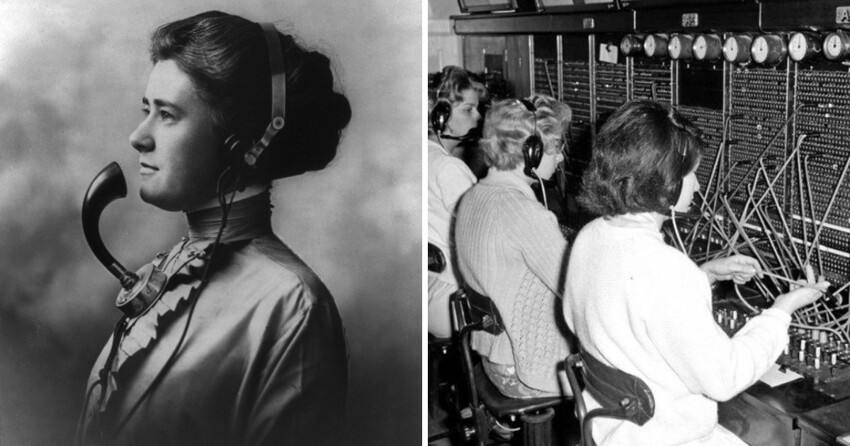
A profession through which people could connect with each other friend. Today they have been replaced by mobile phones and numerous messengers.
Alarm clock or wake-up man 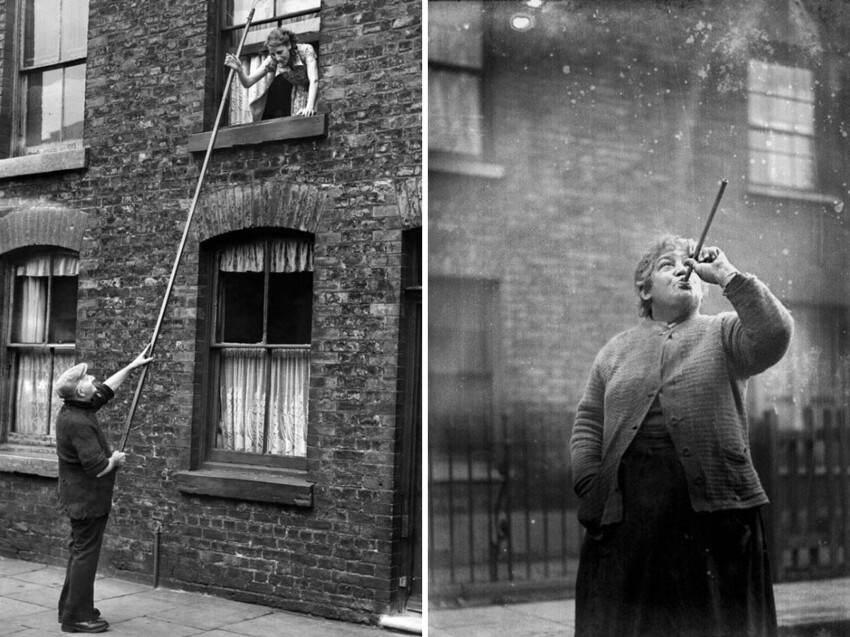
Such an unusual profession existed until the 1920s. century. The duty of specially trained people was to wake people up for work. The alarm clock got up before everyone else and in no case had no right to sleep.
water carrier 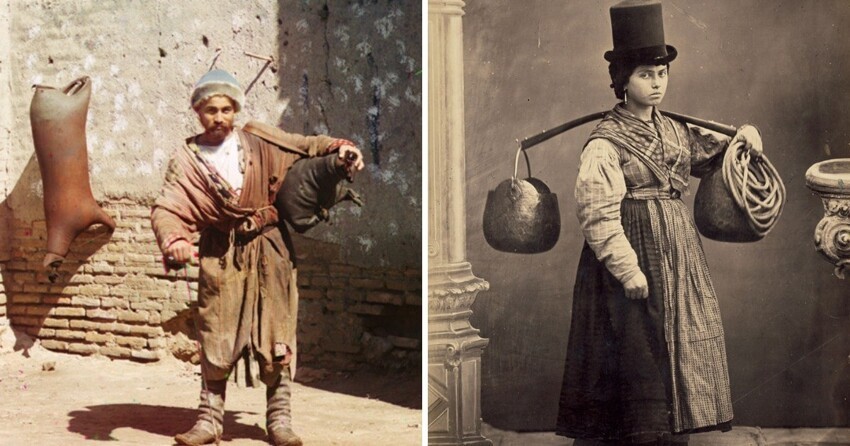
A profession whose essence was to deliver water from source to recipient. However, with the advent of centralized water supply, the need for such services has disappeared.
Collector of leeches 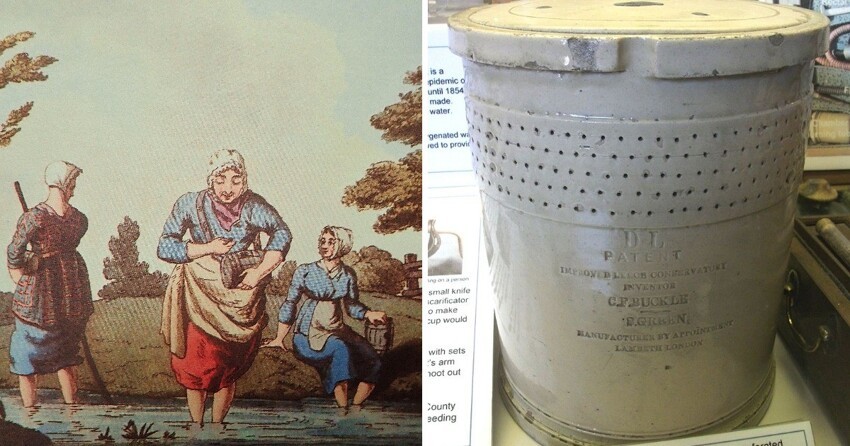
In the 19th century, collecting leeches was quite profitable. deed, and all thanks to the doctors. They used these creatures to heal many diseases, including mental disorders, headaches pain, lung disease and more.
As a rule, catchers of leeches used as bait own body. However, it was impossible to do this for a long time. Some time later, the worker was covered with numerous wounds, that take time to heal.
Ice Cutter and Carrier 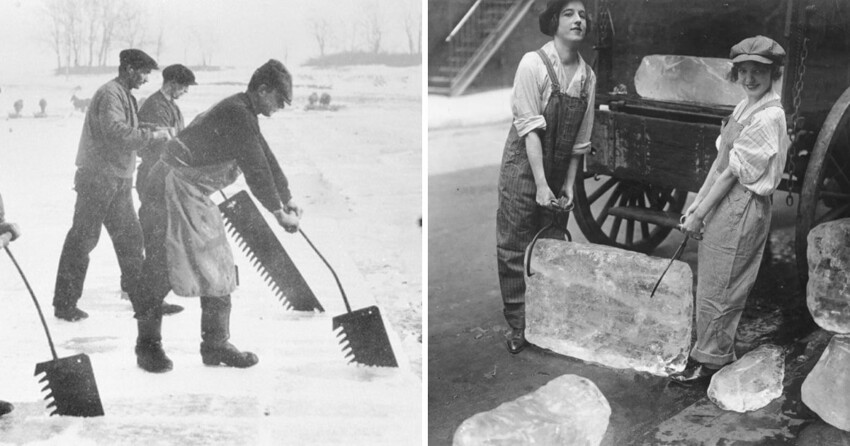
Previously, ice for food needs (food storage) was cut and delivered by specially trained people.
timber rafter 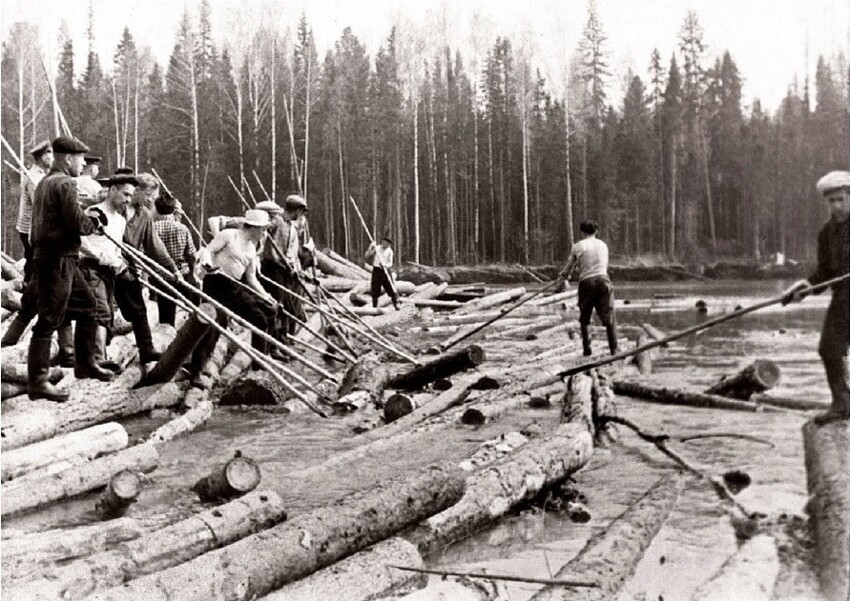
In the 19th century, felled trees were rafted to sawmills along rivers. Rafters helped to deliver them safe and sound. They walked along the shore with long sticks and sent logs, and also removed from them various obstacles along the way. By the beginning of the 20th century, the profession had come to naught, so how the railroad and portable sawmills appeared.
Calculator 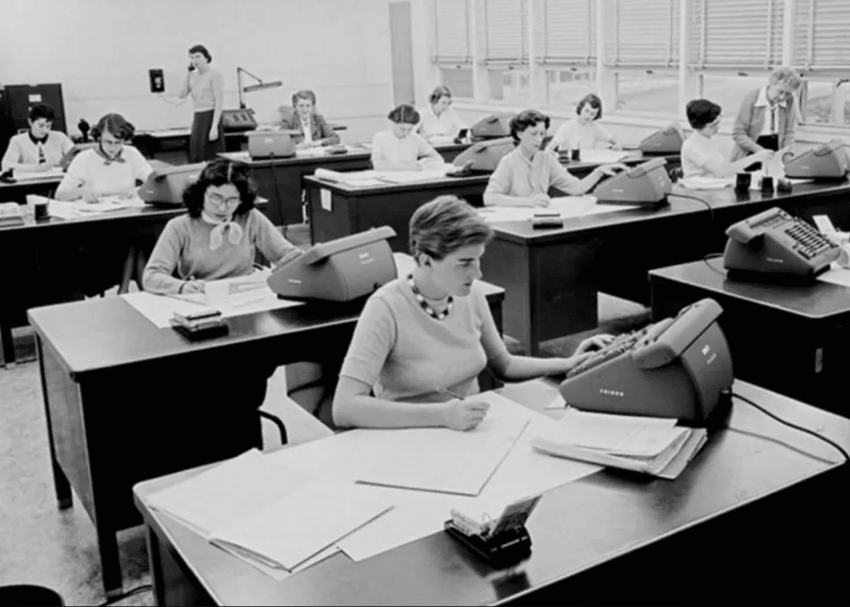
These were specially hired people who carried out the most difficult mathematical calculations. As a rule, they worked in a team.
Lecturer at the enterprise 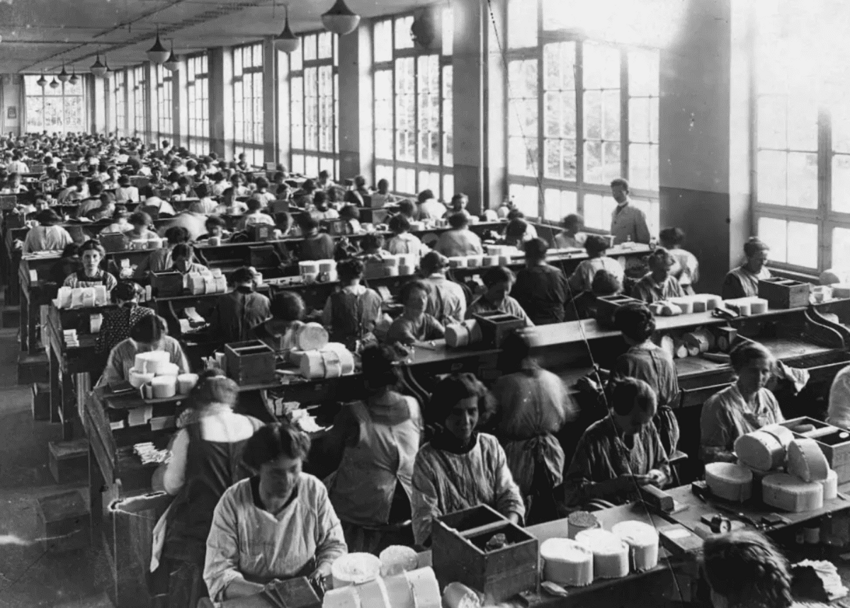
In order not to die of boredom during monotonous work on factory, invited lecturers who read aloud periodicals or fiction. With the advent of radio, the need for such specialists disappeared by itself.
herald 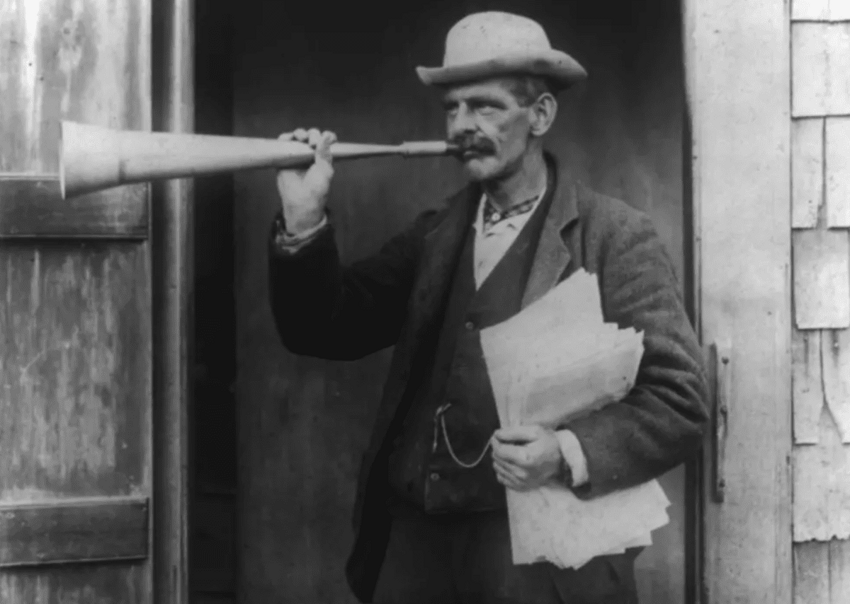
The town crier informed the townspeople of the latest news and other valuable information. The profession was in demand because most people were illiterate and couldn't read the news on one's own.
Hearer 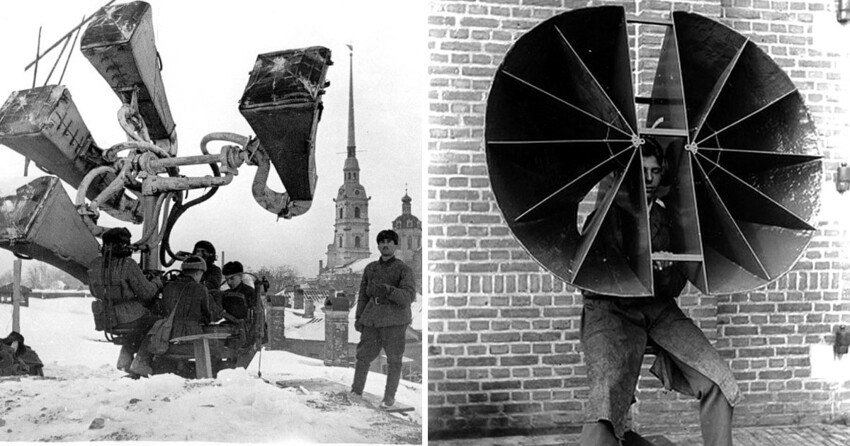
This profession could only be mastered by a person with the sharpest hearing. His duties included the detection of enemy aircraft.
tosher 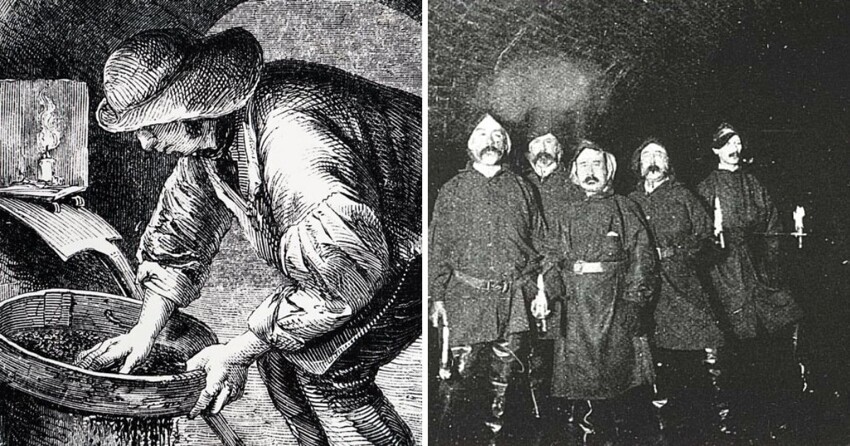
In the Victorian era, there were people in London who called toshers. They made a living by breaking into the city sewer system and looking for coins, scrap metal and other valuable things. Toshers were placed on the same level as the working class. However sewer exploration became illegal in 1840.
Linotype operator 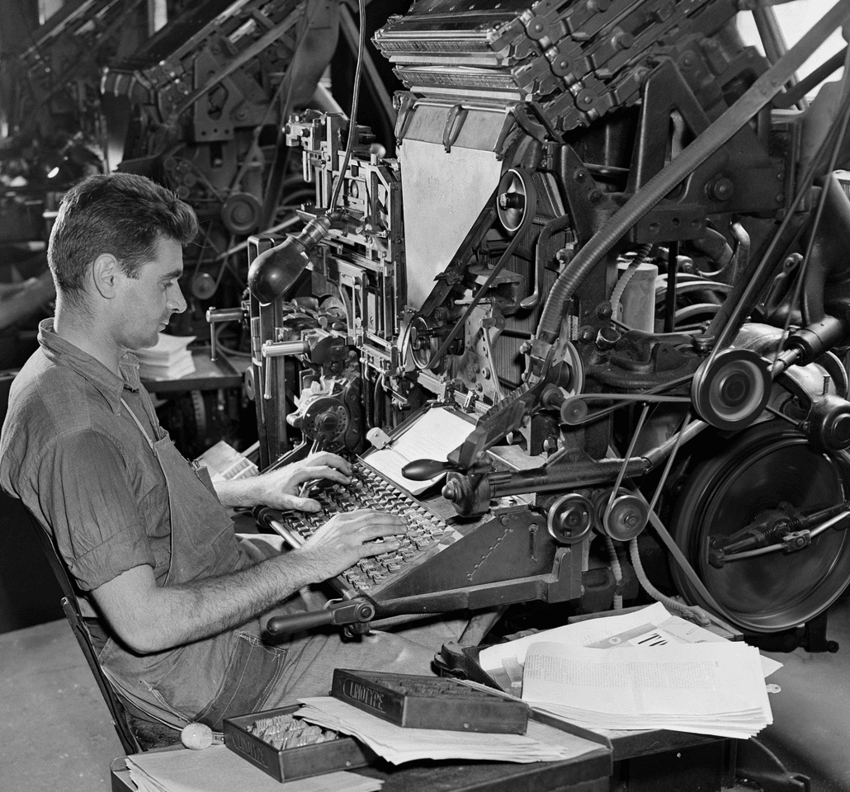
Typesetters who worked on special machines - linotypes. They were intended for casting lines of text from a hart (a special typographical alloy).
elevator operator 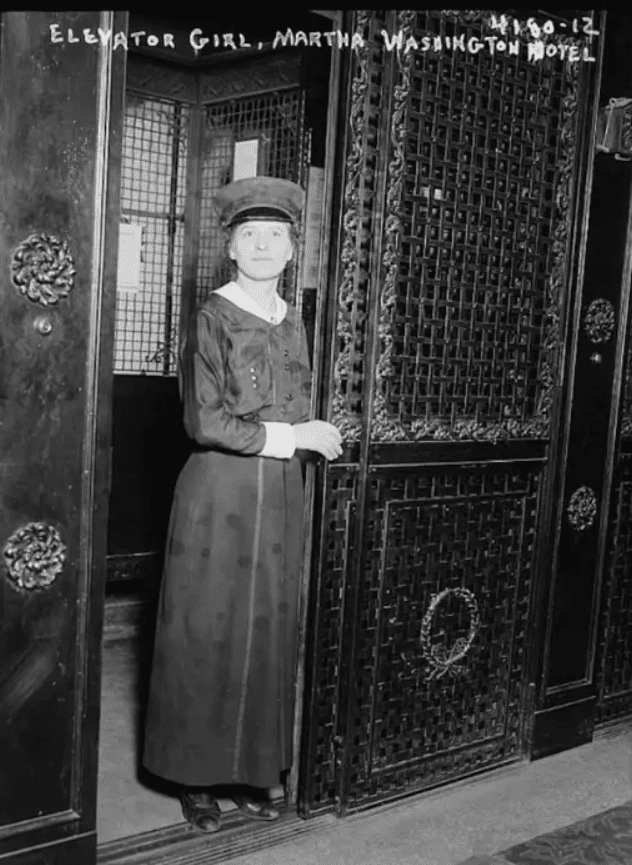
Elevator operators greeted guests and transported them from floor to floor.
Pin setter 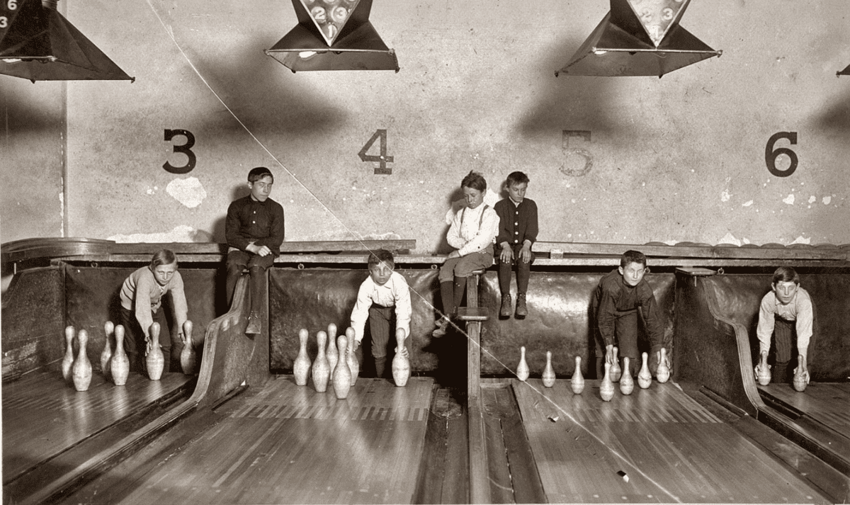
Before bowling clubs had special devices that set up skittles, this work was done by children and teenagers for a rather modest fee.
Pied Piper 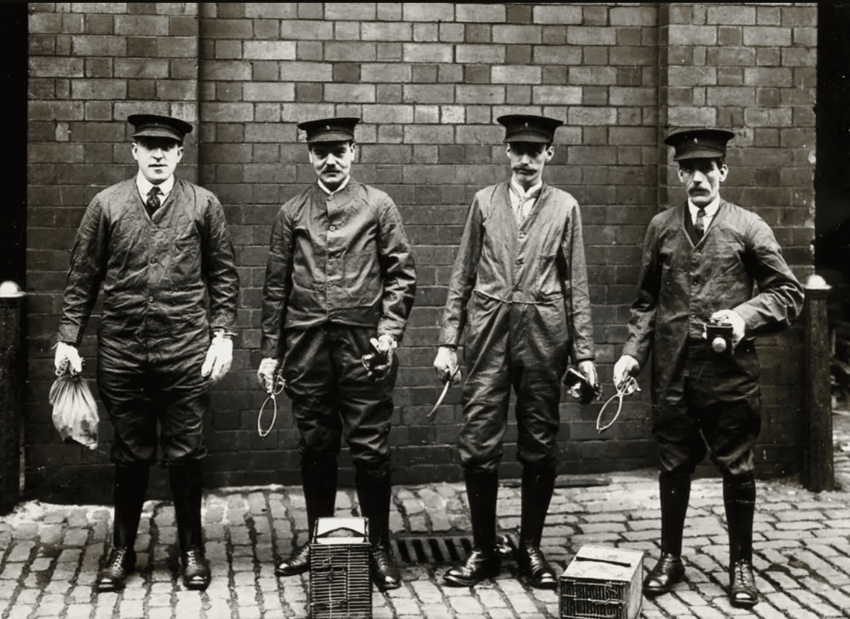
London has suffered from hordes since the Victorian era rats, which by that time were already known as carriers of diseases. To solve this problem, many young people, including children, have become rat-catchers. Such work was in greater demand than, for example, chimney sweep or miner.
cigarette girl 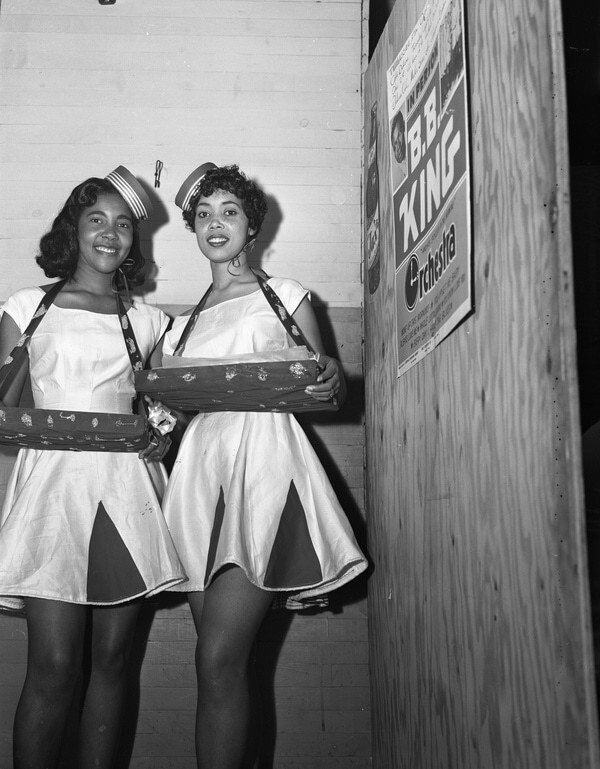
Cigarette or cigar girls worked in American bars and clubs since the 1920s. They usually wore a hat and a tray around their necks with a set of cigarettes that visitors could buy.
Herb Spreader 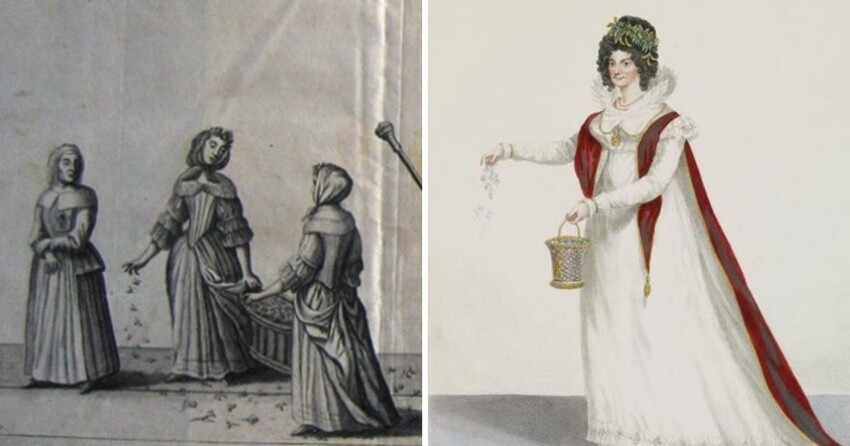
In the XVI-XVII centuries, the royal families hired spreaders herbs. Their task was to hide unpleasant odors in premises using fresh fees. When the sewer system became more perfect, the need for such specialists has disappeared.
